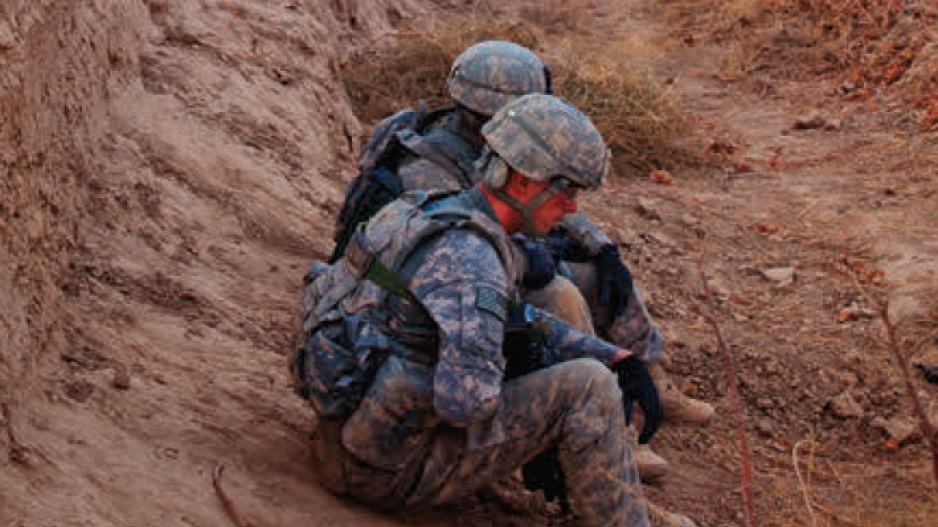Afghanistan's economic future is wrapped up in the country’s untapped store of minerals, estimated by the World Bank to be worth over $1 trillion and perhaps as much as $3 trillion.
But as the newly elected administration of President Ashraf Ghani begins to get a regulatory grip on the sector and offers investors procedural transparency in a new mineral law, which came into force at the end of October, it is clear that the challenges to the development of mines are massive.
War, whose current incarnation stems from the United States-led invasion of 2011, but which has flowed and ebbed over Afghanistan since the 1979 Soviet occupation, continues to engulf much of the country. The remaining troops of the NATO-led international intervention force are due to leave at the end of this year, but there is little confidence at home or abroad that the Afghan army and police can defeat the continuing Taliban insurgency.
Added to the problems of physical insecurity facing potential mining investors is the lack of any meaningful infrastructure, especially transport and electrical power. The outgoing government of president Hamid Karzai attempted to overcome this deficit by requiring mining companies to build road, rail and power assets as conditions of exploration and production licences.
But the two major mining contracts bequeathed by the Karzai government are stalled over contract disputes and misgivings about the viability of the deals. They have become blighted precedents that it will be politically difficult to overcome. On one hand, as almost always happens in newly developing countries, there is an upsurge of economic nationalism in Afghanistan, feeding apprehension that the country may be cheated out of its just profits from its minerals birthright. On the other, Abdullah Abdullah, the man defeated by Ghani for the presidency, is now the government’s chief executive – in effect, prime minister. There is little optimism that the political relationship will function smoothly. It may thus be difficult for Ghani to get backing for legislation to continue the regulatory framework started by the mineral law.
After 35 years of almost continuous warfare, Afghanistan is one of the world’s poorest countries. The per capita gross domestic product is only $470 a year, but the World Bank believes Afghanistan’s mineral wealth can change that.
“If managed properly, with benefits accruing to the local communities in addition to government and industry, mining in Afghanistan has the potential to be a driver of economic growth and diversification,” said a bank report last year, adding that the industry could provide hundreds of thousands of jobs.
Afghanistan’s known mineral reserves include 57.8 million metric tonnes of copper, 2,438 million metric tonnes of iron ore, 4.5 million metric tonnes of bauxite and 4.88 million metric tonnes of rare earth elements.
In 2007, Beijing’s state-owned Metallurgical Corp. of China (MCC) signed a $3 billion, 30-year agreement with the Afghan government for the development of one of the world’s largest known deposits of copper at Aynak, about 40 kilometres southeast of the capital, Kabul. In theory, the deposit is worth $88 billion, but with copper prices falling and insecurity in the region high – it is on a major infiltration route for the Taliban from Pakistan – MCC has yet to put a spade in the ground and wants to renegotiate the whole deal.
A planned $11 billion agreement with the Steel Authority of India to develop the high-grade iron ore deposit in the central highlands at Hajigak is also stalled. The company held off signing the deal to develop the estimated 1.8-billion-tonne deposit until the mineral law came into force. But the new administration is reviewing the proposed agreement. It may ratify the deal or order a fresh tender. •




